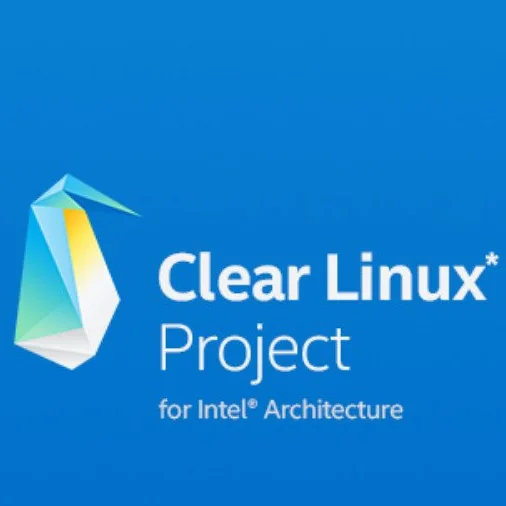Clear Linux Releases Deep Learning Reference Stack 4.0 For Better AI Performance

Clear Linux's Deep Learning Reference Stack continues to be engineered for showing off the most features and maximum performance for those interested in AI / deep learning and running on Intel Xeon Scalable CPUs. This optimized stack allows developers to more easily get going with a tuned deep learning stack that should already be offering near optimal performance.
With the Deep Learning Reference Stack 4.0 update, they have now pulled in TensorFlow 1.14, Intel OpenVINO 2019 R1.1 is included with improved neural network performance, Intel Deep Learning Boost with AVX-512 VNNI support is included, and the TVM 0.6 deep learning compiler is also included.
Those wishing to learn more about the Deep Learning Reference Stack 4.0 and its performance possibilities on Intel Xeon hardware can read this ClearLinux.org blog post that goes into detail over the changes and some of the performance advantages to this Intel-tuned AI software stack.
4 Comments

